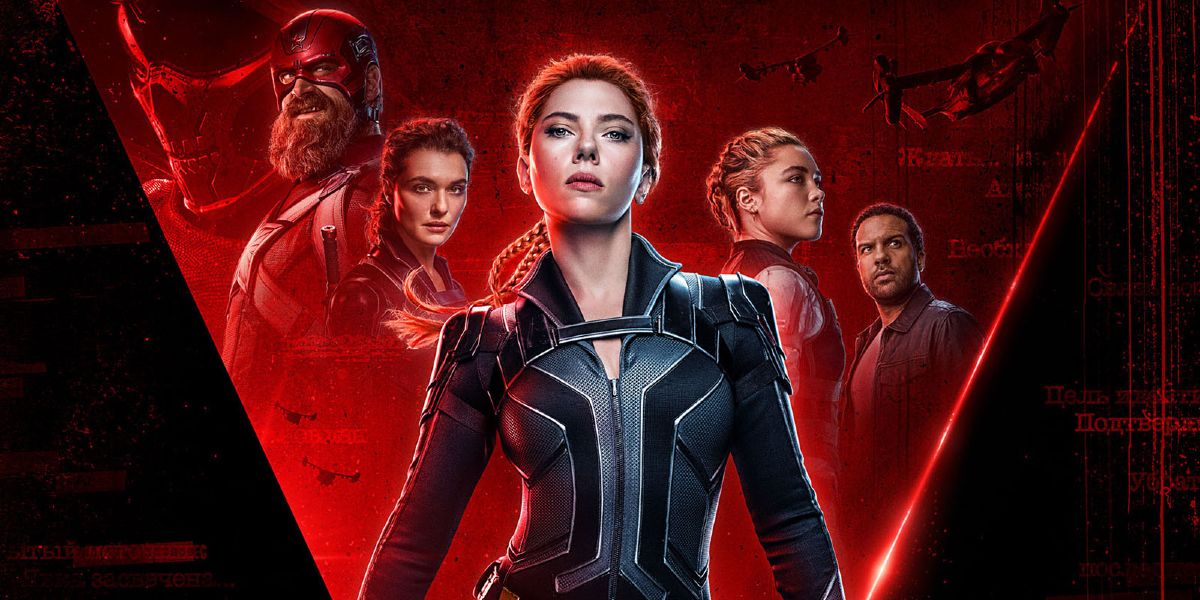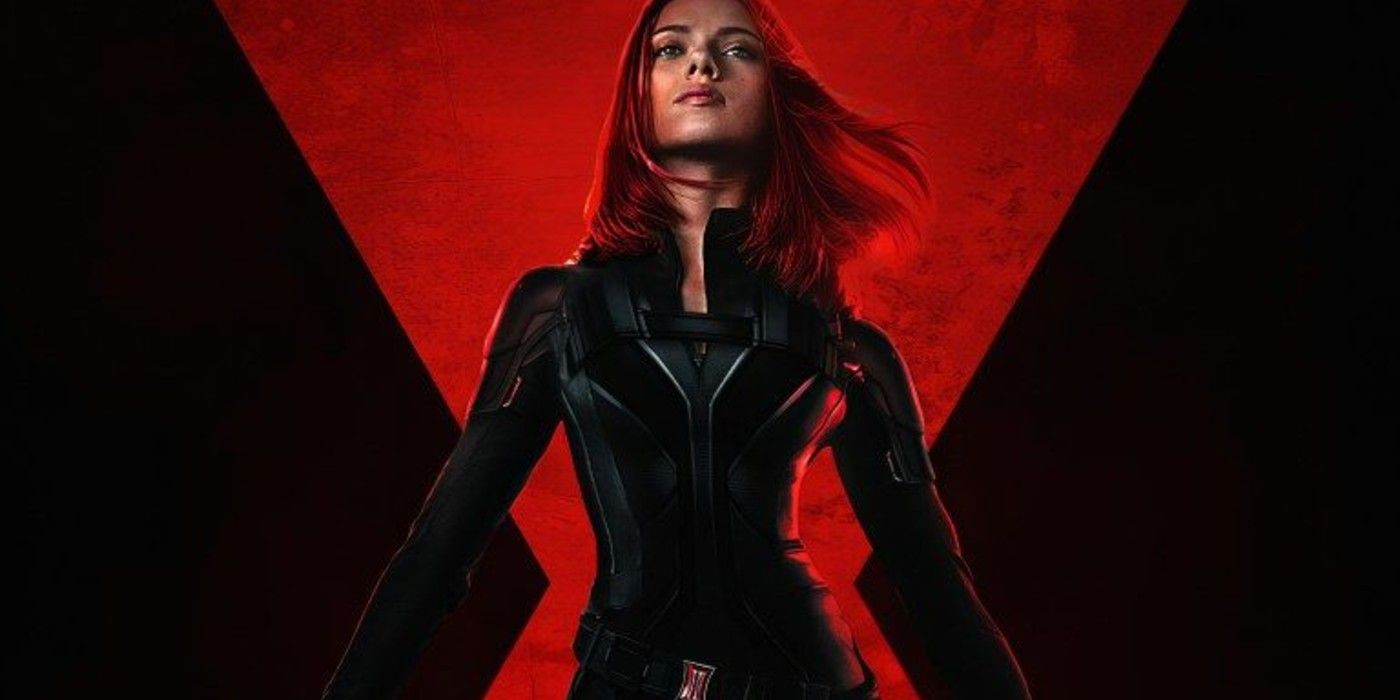The coronavirus (COVID-19) pandemic has caused a lot of major theatrical release dates to get moved. Wonder Woman 1984, for example, was pushed back to August, while other films have been delayed indefinitely. However, other studios opted not to delay their films in favor of a different route. Universal and Warner Bros. made some of their titles available via video on demand, and more studios will likely follow suit, especially if social distancing guidelines are extended. However, despite speculation to the contrary, it's very unlikely Marvel Studios will do the same with Black Widow.
The math just doesn't work out in Marvel's favor. Like Wonder Woman: 1984, Black Widow purportedly had a budget of about $100 million, which is much larger than any of the films that have gone to, or flirted with, VOD. Movies like The Hunt and Emma were made with budgets in the low tens of millions. That's nowhere near what it costs to make a superhero movie.
Those titles, and a few others, have charged $19.99 for a virtual ticket. It's a price audiences are already familiar with, as it's about what it costs to own a digital copy of a movie months after its theatrical run. If you have a household of two or more people, $19.99 on demand new releases are a steal, since that's much less than many movie theaters charge. However, if Marvel charged that rate, Black Widow may not even recoup costs let alone stand a chance at accruing the many hundreds of millions in international box office to which Marvel Cinematic Universe films are accustomed. No movie is yet to charge Pay-Per-View level premiums for VOD, and Marvel probably doesn't want to be the first to make that gamble, at least not with Black Widow.
The movies that streamed VOD also got (extremely brief) theatrical releases before COVID-19 spread throughout the U.S., and they were never likely to be event movies to begin with. Putting them onto VOD at the start of the self-isolation period capitalized on modest name recognition and played to the market. However, Wonder Woman 1984 and Black Widow are event movies that would've had their moment either as the virus was peaking or the social distancing period ended. Left in their old slots, they wouldn't have been the events their studios needed them to be.
And though Wonder Woman is, at this point, the most reliable superhero in the DC Extended Universe's lineup, Marvel has a lot more riding on Black Widow, and thus has greater incentive to give the blockbuster a fighting chance at a big screen premiere. The MCU saturated the market for a decade with its mostly well-received interconnected films. However, it will have been more than a year (maybe much more) since audiences have spent time in the MCU when Black Widow finally releases.
Black Widow is also not your typical Marvel movie. It's only the second solo MCU film starring a woman in the title role, it appears to be more spy thriller than supernatural adventure and it's a flashback about a character that we already know didn't survive beyond the events of Avengers: Endgame. Black Widow is also the first movie of Phase Four, meaning it will help usher in a new era for the MCU. So Marvel needs Black Widow to do well in theaters because it will firmly establish the MCU's direction in the future, and that's immensely important going forward. Black Widow is too pivotal to put on VOD first.
Directed by Cate Shortland, Black Widow stars Scarlett Johansson as Natasha Romanoff/Black Widow, Florence Pugh as Yelena Belova, David Harbour as Alexei Shostakov/Red Guardian, O-T Fagbenle as Rick Mason and Rachel Weisz. The film currently has no release date.


